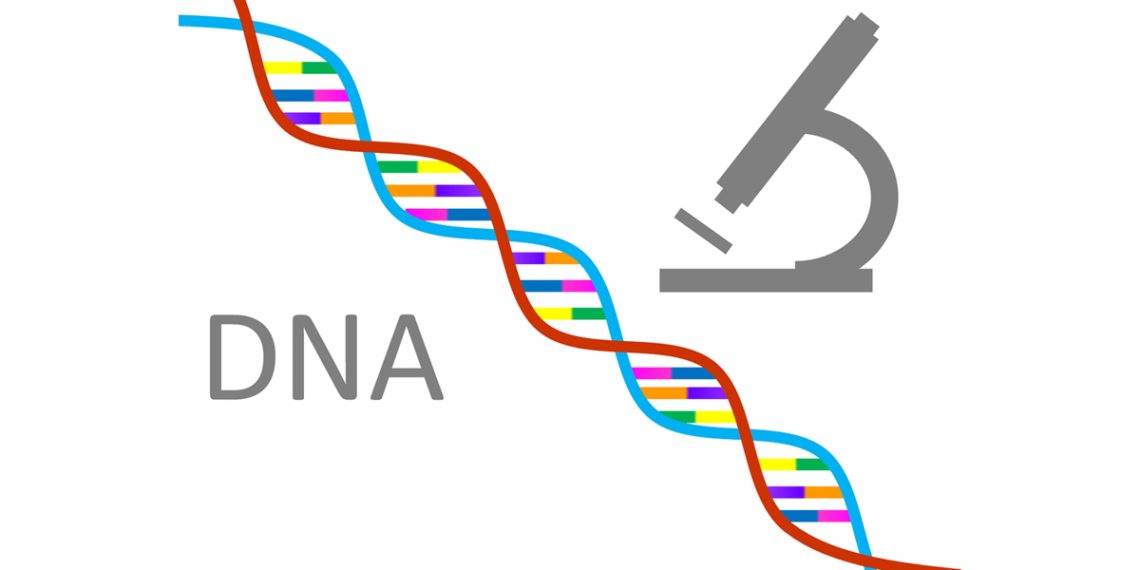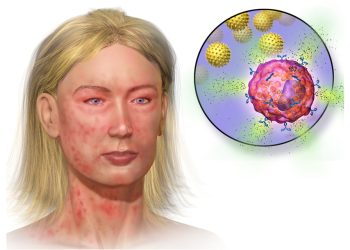Causes and Genetics of AIS
Androgen Insensitivity Syndrome is caused by mutations in the AR gene (androgen receptor gene), which is located on the X chromosome. While looking at the causes and genetics of AIS, it is found that this gene provides instructions for making androgen receptors — proteins that allow the body to respond to testosterone and other male hormones.
When the AR gene is faulty, the body cannot process androgens properly, leading to incomplete male sexual development in people with XY chromosomes.
Inheritance Pattern
AIS is inherited in an X-linked recessive pattern:
- Since males (XY) have only one X chromosome, a mutation on that chromosome will cause AIS.
- Females (XX) with one affected X chromosome are carriers, but usually do not show symptoms.
A mother who is a carrier has a:
- 50% chance of passing the faulty gene to her sons (who will have AIS)
- 50% chance of passing it to her daughters (who will be carriers)
Types of AIS
- Complete AIS (CAIS)
- Complete resistance to androgens
- Individuals have female external genitalia, no uterus, and internal testes
- Partial AIS (PAIS)
- Partial resistance to androgens
- Genitalia may appear mostly male, mostly female, or ambiguous
- Mild AIS (MAIS)
- Often presents with male genitalia but may cause infertility or gynecomastia (breast development in males)
Genetic testing can confirm the diagnosis by identifying the AR gene mutation. In South Africa, genetic counselling services are available at specialised centres and academic hospitals.
👉 [Next: Diagnosis of Androgen Insensitivity Syndrome]
Complications of Androgen Insensitivity Syndrome
Martin Herbst Physiotherapist Pretoria East


